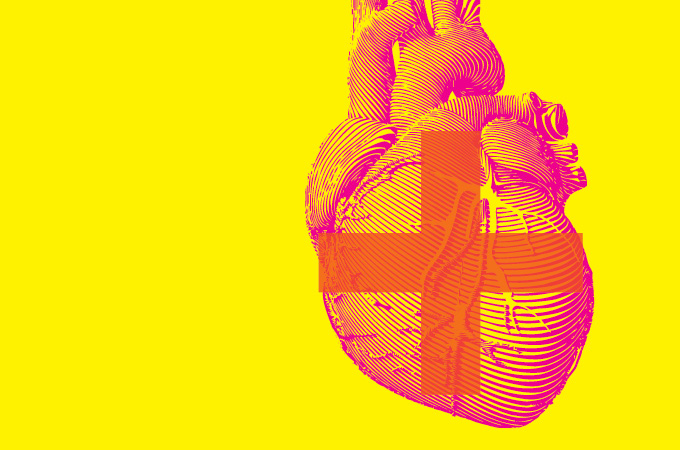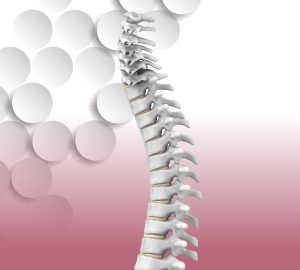It might sound strange that high dietary fat could be helpful in the fight against cardiovascular disease, but Saint Louis University School of Medicine researchers have found that to be true in a study involving laboratory mice.
Kyle McCommis, Ph.D., research team lead and an assistant professor of biochemistry and molecular biology at the medical school, says recent studies have shown that a ketogenic diet can prevent or even reverse major heart failure in mice. The high-fat, high-protein, low-carbohydrate diet stimulates fatty acid oxidation, which may be responsible for correcting heart enlargement in the study mice, McCommis says. It’s not yet known if the diet would have the same effect in humans, but these results signal promise for the idea of a nutritional therapeutic intervention for heart failure.
“We have gone one step past the normal thinking that you want to decrease dietary fat because of the risk of coronary artery disease,” he says. “That’s still true, and it’s why you usually want to consume ‘healthy’ polyunsaturated fats like those found in fish and nuts to help prevent disease. But if you already have cardiovascular damage that has led to heart failure, that’s where this study comes in. It suggests that a diet higher in fat and lower in carbs actually could improve cardiac function. A normal heart can process pretty much whatever you throw at it, but during heart failure, it has a reduced ability to metabolize most substrates. When you strongly stimulate fat metabolism through the ketogenic diet, the heart seems to reprogram itself to increase that metabolism.”
McCommis says mice were chosen for the study because they don’t develop coronary artery disease or atherosclerosis, but like in humans, heart failure prevents the organ from contracting properly and supplying body tissues with blood effectively. McCommis says it was interesting to see that just three weeks of the ketogenic diet caused the mouse hearts to basically return to normal size and function.
“There are potentially more animal studies coming on this subject,” he notes. “There also are several clinical trials examining ketogenic diet and heart failure in humans, and supplements are being developed that could raise blood ketone levels without the ketogenic diet.”
In the meantime, McCommis says, it makes sense for humans to continue taking preventive steps like exercising regularly and eating a diet that is high in natural, whole foods and low in carbohydrates and unhealthy fats.
did you know?
Ketosis occurs when the body doesn’t have enough carbohydrates to burn for the production of energy. Instead, it burns fat and creates organic compounds called ketones that can be used for fuel.








